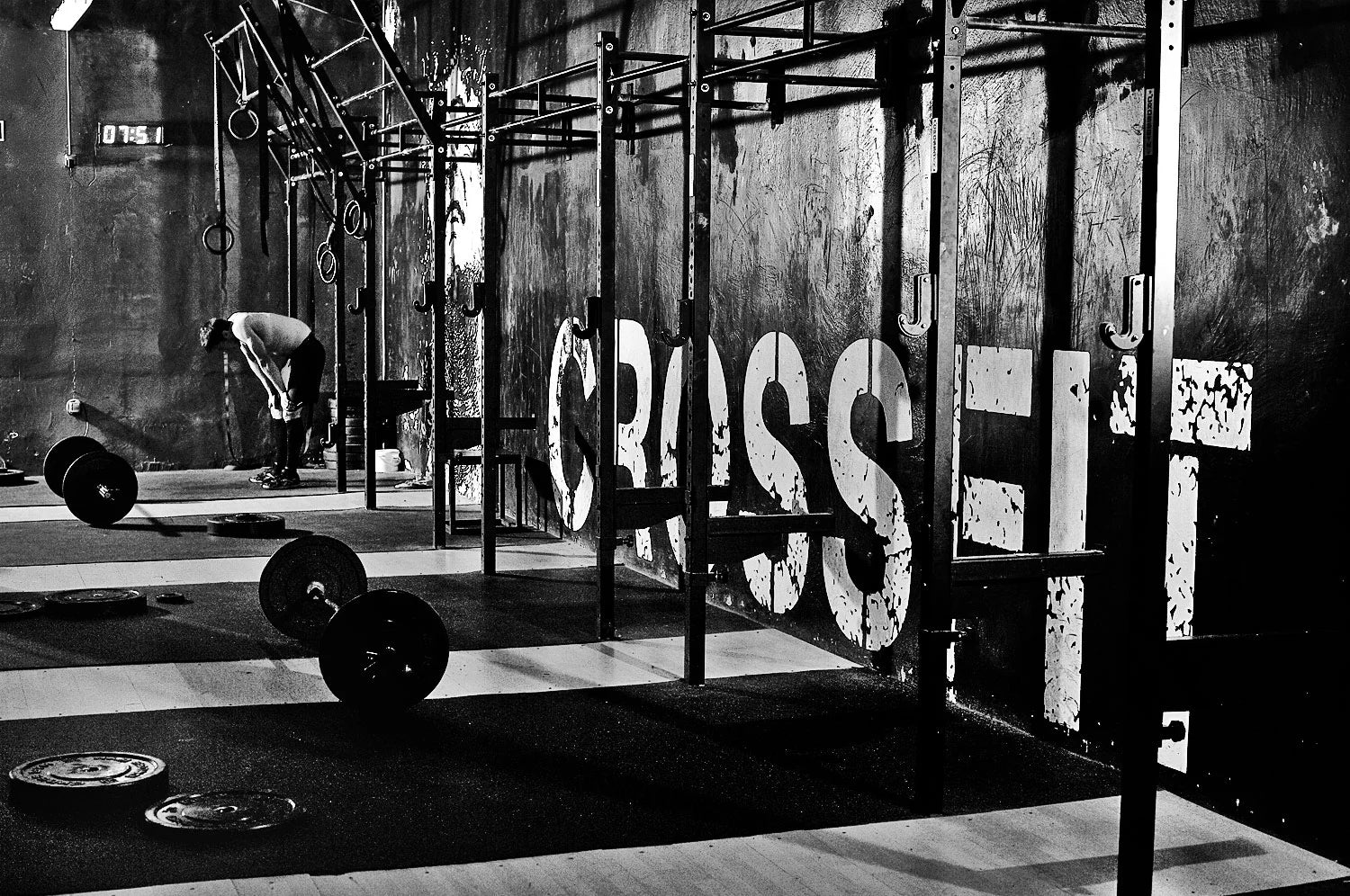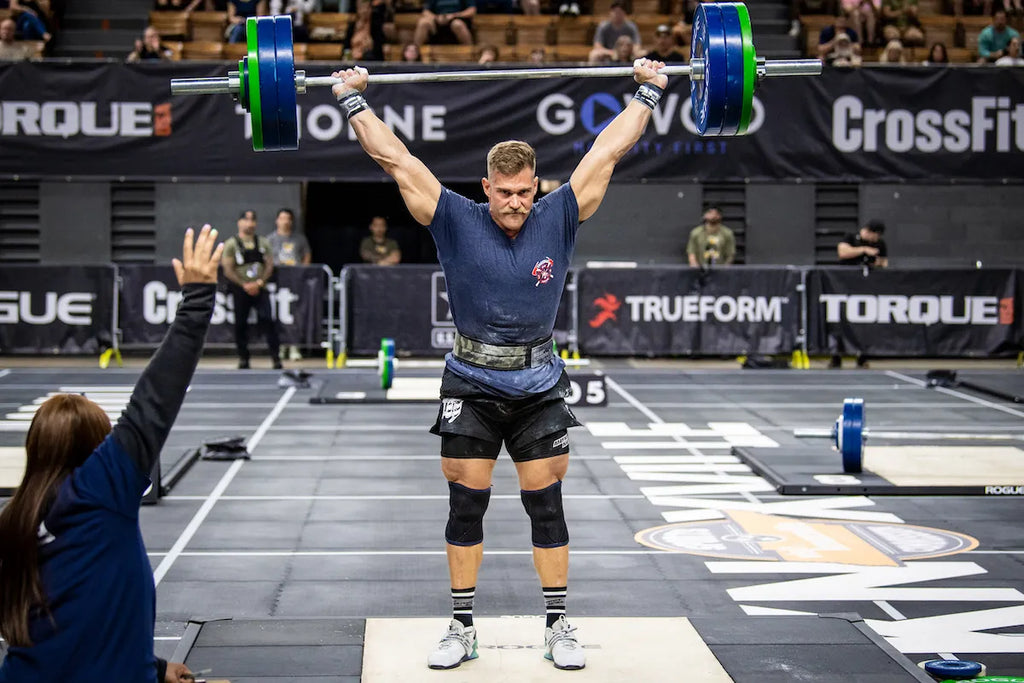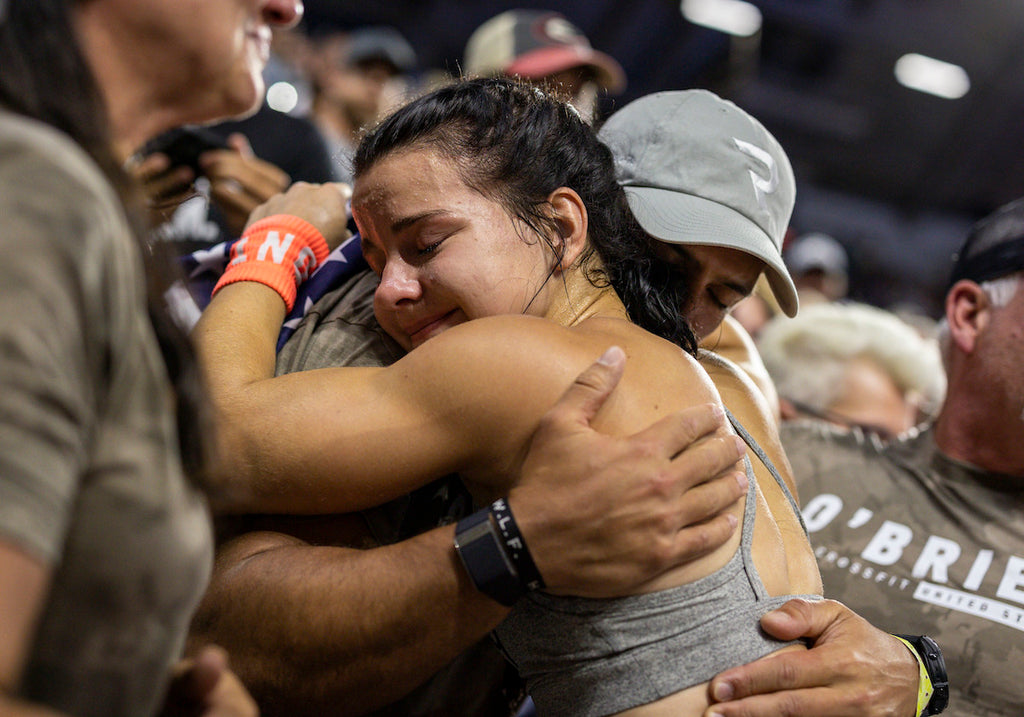CrossFit Announces Significant Changes: Affiliation Fee Hike and Mandatory L2 Certification

In a groundbreaking development for the CrossFit community, CEO Don Faul has recently unveiled a series of transformative changes, marking the first affiliation fee increase in over a decade. In an exclusive interview with The Morning Chalk Up, Faul delved into the details of these modifications that are set to reshape the landscape of CrossFit affiliations.
Effective on the anniversary date next year, affiliates will experience a notable shift in their annual fees. The existing $3,000 fee will ascend to $4,500, with additional tiers introduced for affiliates across the globe. Faul justified this adjustment by citing the impact of inflation as a necessary step to ensure the sustainability of the business and its ability to invest in vital resources.
Crucially, Faul disclosed that CrossFit reported zero profit in 2022, emphasizing the urgency of increased investment in community growth. To mitigate potential financial strain, affiliates currently paying grandfathered fees will undergo a gradual increase, while those in economically challenged regions will experience a more modest fee hike.
Some affiliate owners express outrage, declaring their intention to disaffiliate due to the financial strain, broken promises, and the perceived unreasonableness of the Level 2 requirement. Many CrossFit gym owners voiced their frustration: “I have a small gym. I can’t afford this fee increase. I’m out.” or “A fifty percent increase? That’s just way too big of a rate increase all at once. I might be out.”
Other dissenting voices highlight the impact on word-of-mouth marketing and question the timing of the announcement right before the year-end financial crunch.Conversely, supporters of the decision argue that it’s about time for an increase after 11 years, with the Level 2 requirement seen as a necessary step to ensure a higher standard for owners and coaches. Jason Khalipa, the 2008 CrossFit Games champion and the owner of the NCFIT brand, a company with CrossFit gyms around the world, countered the opposition, stating: “As a business if you want to be around for the next decade, two decades, five decades, it has an obligation to do things to remain sustainable.” Roch Proteau from Pro1 CrossFit Montreal also thinks this is true in his statement, “As a passionate CrossFit advocate and gym owner in Montreal, I fully support the recent increase in affiliate fees, recognizing the need for both CrossFit and gym owners like myself to enhance our financial stability. This decision, though challenging amidst the current economic climate of inflation leading to higher cost for rent and soaring costs, is a necessary step towards ensuring the longevity and prosperity of our community and our commitment to CrossFit”.
Supporters believe this move is a good business decision, creating a barrier to entry for new gym owners and promoting the treatment of gym ownership as a serious business endeavour.
In response to concerns raised within the community, CrossFit has outlined three key areas where they commit to delivering additional value to affiliates. Firstly, a renewed focus on growth involves substantial investments in technology, personnel, and marketing to attract new members. Secondly, a heightened standard for owners and coaches is set for 2024, promising an enhanced member experience. Affiliates renewing in 2024 will receive a $500 credit towards Level 1 or Level 2 Certificate Courses.
However, a pivotal aspect of these changes is the mandate for Level 2 (L2) certification for all affiliate owners, both existing and new. Faul emphasized the importance of this requirement, noting that approximately half of all affiliate owners currently possess an L2 or higher. The decision to implement this mandatory certification aligns with CrossFit’s commitment to raising the standard for owners and coaches, ensuring a comprehensive understanding of CrossFit methodology and coaching techniques.
Faul acknowledged that this shift is a significant departure from the previous approach but stressed the community’s feedback over the past six months had been a crucial factor in this decision. He highlighted the company’s diligence and thoughtfulness, citing conversations with hundreds of owners and a thorough analysis of various data points to gauge the community’s state accurately.
To further address concerns and questions arising from these changes, CrossFit has established an FAQ page and will conduct town hall sessions on December 1 and 4. Faul anticipates varied reactions from affiliate owners but expects a predominantly positive or neutral response, emphasizing the increased value and resources provided compared to a decade ago.
In numerical terms, Faul provided a perspective for affiliates, noting that for an affiliate with an average client load of 125 members, the $1,500 fee increase translates to just $1 more per month per member. The ultimate response from affiliate owners is expected to hinge on the perceived value of maintaining their affiliation amidst these comprehensive changes, which aim to position CrossFit for sustained growth and excellence in the coming years.










